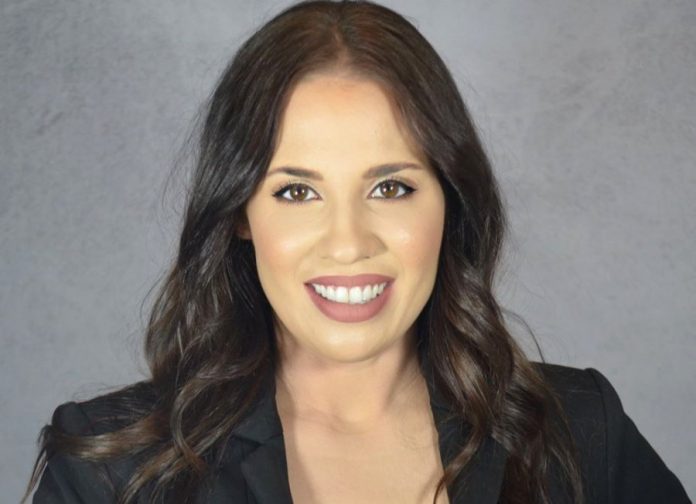
Choosing a home business is like choosing a spouse or partner: Think carefully before starting the business. Instead of plunging right in, take the time to learn as much about the market for any product or service as you can.
Before you dive headfirst into a home-based business, you must know why you are doing it and how you will do it. To achieve success your business must be based on something greater than a desire to be your own boss and involves an honest assessment of your personality, an understanding of what’s involved, and a lot of hard work. You must be willing to plan for the long-term and be willing to make improvements and adjustments along the way.
While there are no “best” or “right” reasons for starting a home-based business, it is vital to have a very clear idea of what you are getting into and why.
You must consider whether your home has space for a business and whether you can successfully run the business from your home. If so, you may qualify for a tax break called the home office deduction. Please call if you’d like more information about this tax break or to find out if you qualify for the deduction.
Estimating Start-Up Costs
To estimate your start-up costs, include all initial expenses such as fees, licenses, permits, telephone deposit, tools, office equipment, and promotional expenses. In addition, business experts say you should not expect a profit for the first eight to ten months, so be sure to give yourself enough of a cushion if you need it.
Projecting Operating Expenses
Include salaries, utilities, office supplies, loan payments, taxes, legal services, and insurance premiums, and don’t forget to include your normal living expenses. Your business must not only meet its own needs but make sure it meets yours as well.
Projecting Income
One of the most important skills you will need is knowing how to estimate your sales on a daily and monthly basis. From the sales estimates, you can develop projected income statements, break-even points, and cash-flow statements. Use your marketing research to estimate the initial sales volume.
Determining Cash Flow
Working capital – not profits – pays your bills. Even though your assets may look great on the balance sheet, if your cash is tied up in receivables or equipment, your business is technically insolvent. In other words, you’re broke.
Make a list of all anticipated expenses and projected income for each week and month. If you see a cash-flow crisis developing, cut back on everything but the necessities.
If a home-based business is in your future, then a tax professional can help. Lindsey Lee is an Enrolled Agent with Tax Fix Now. For more information, contact Lindsey Lee at 972-318-1040 or visit www.TaxFixNow.com.














.jpg)


